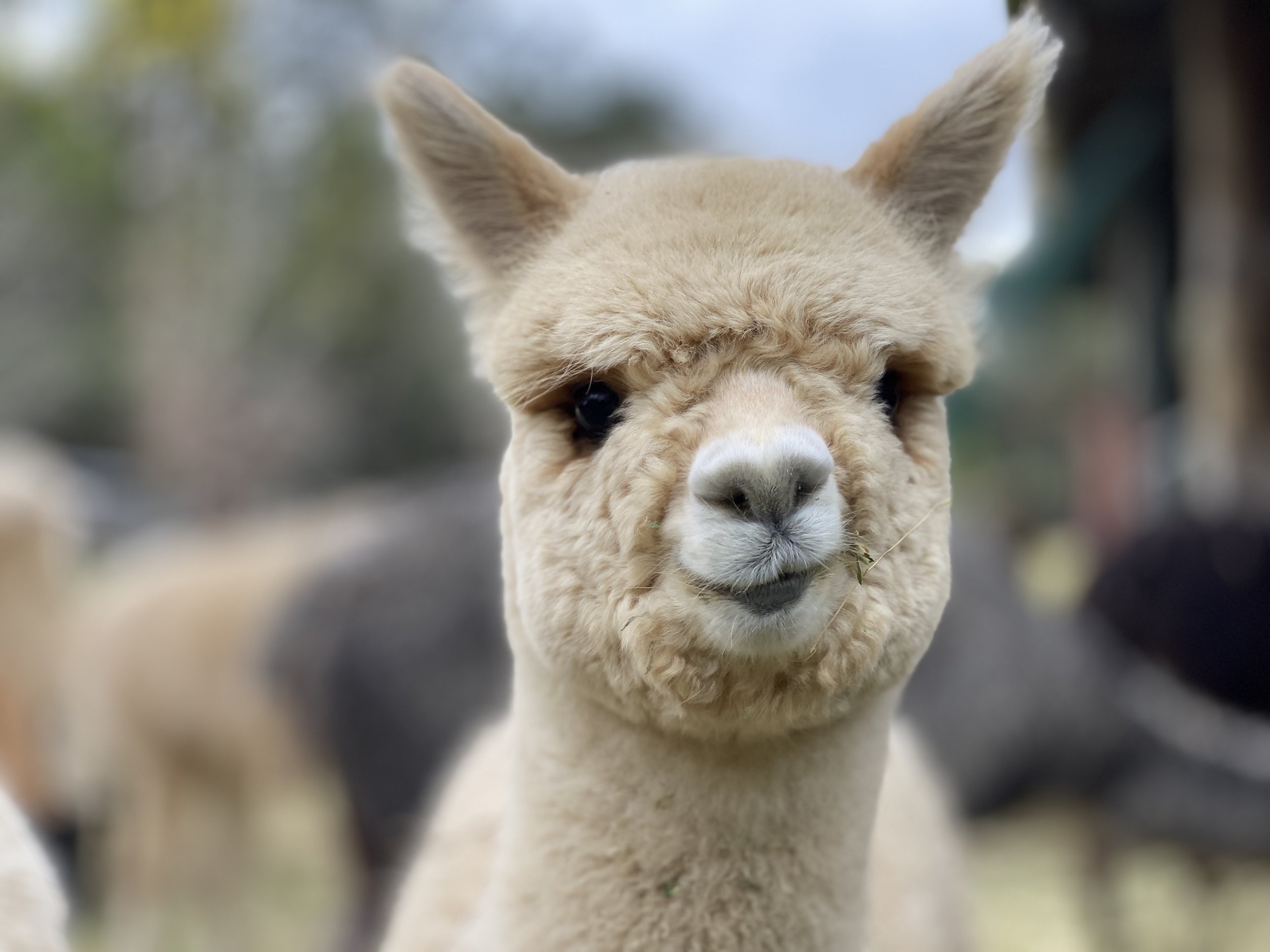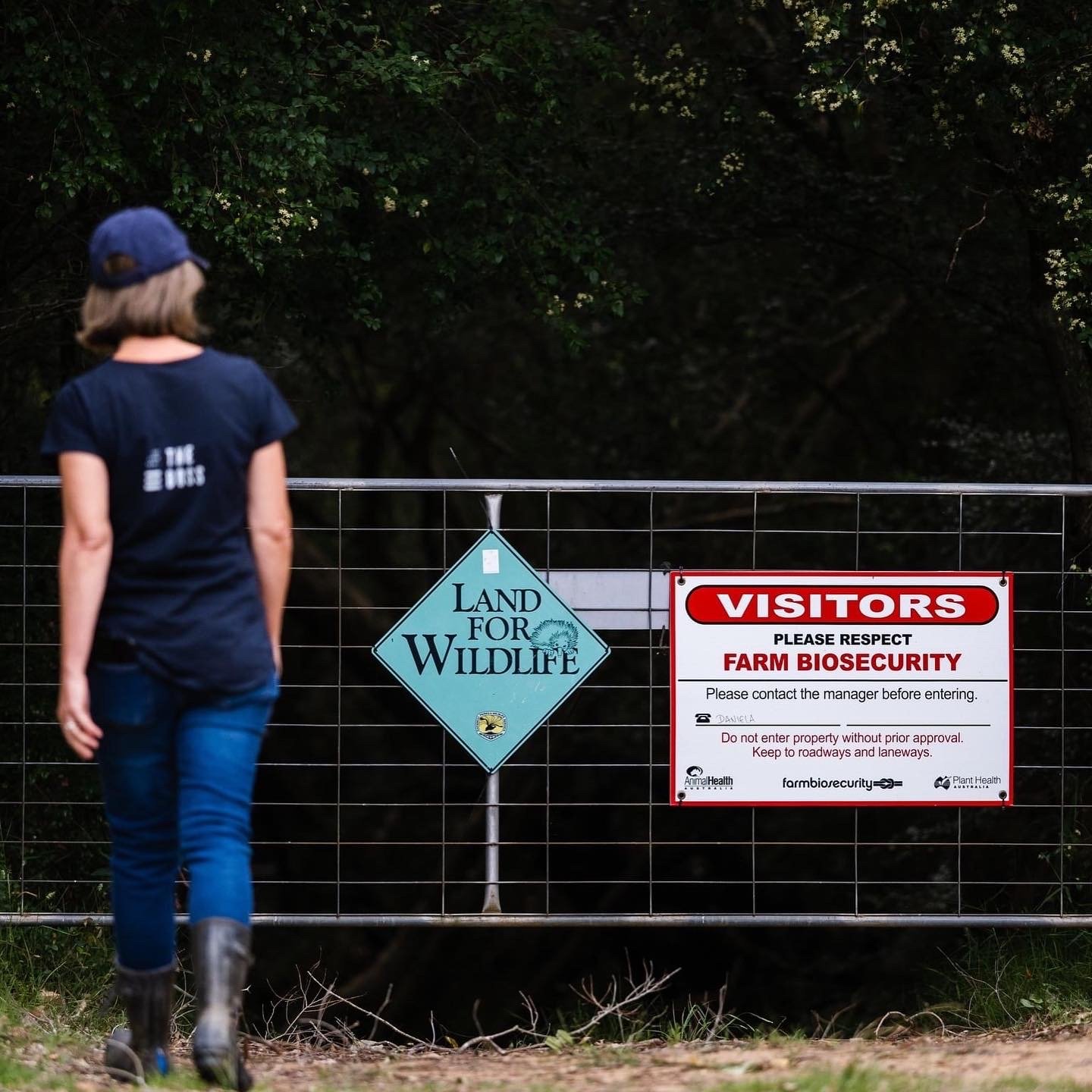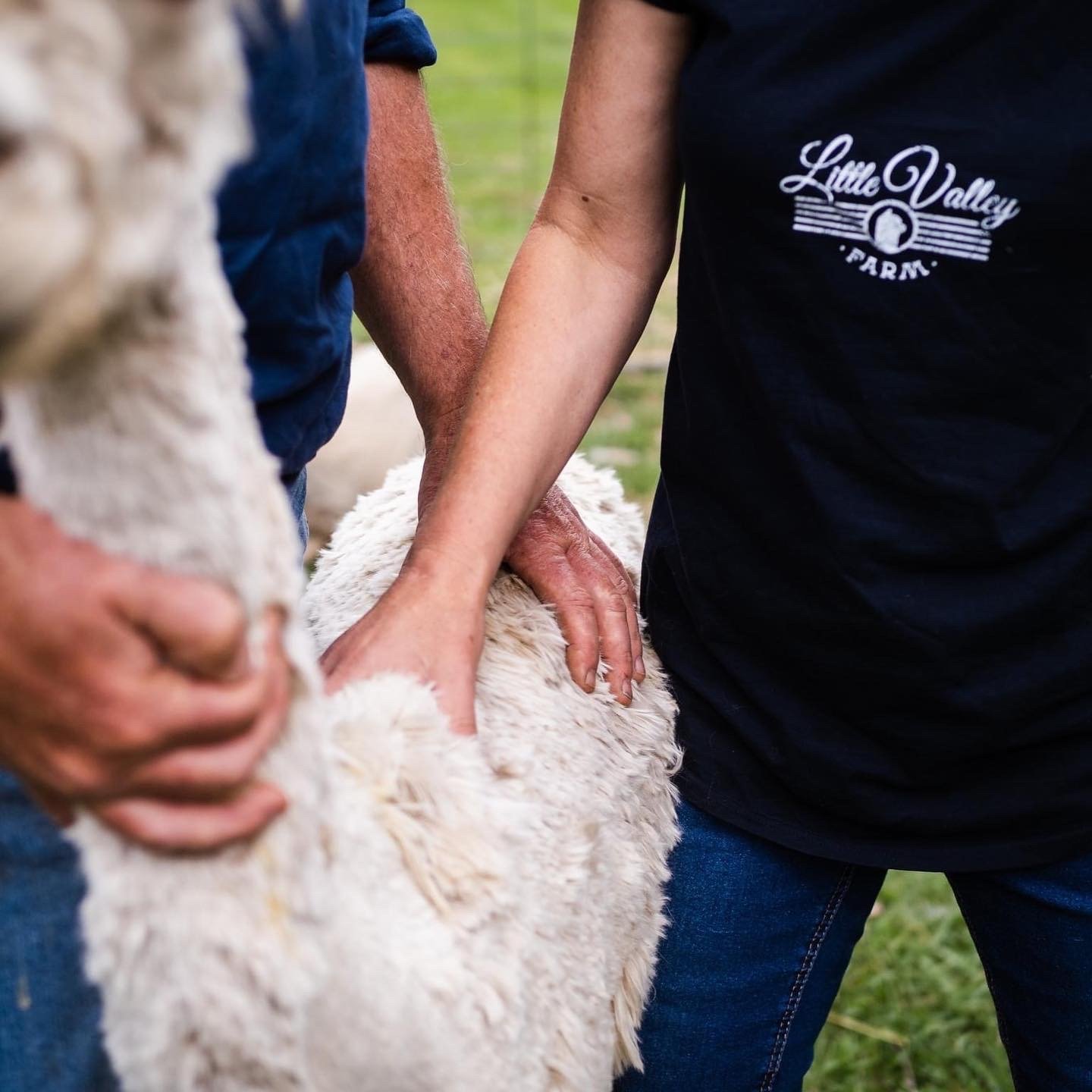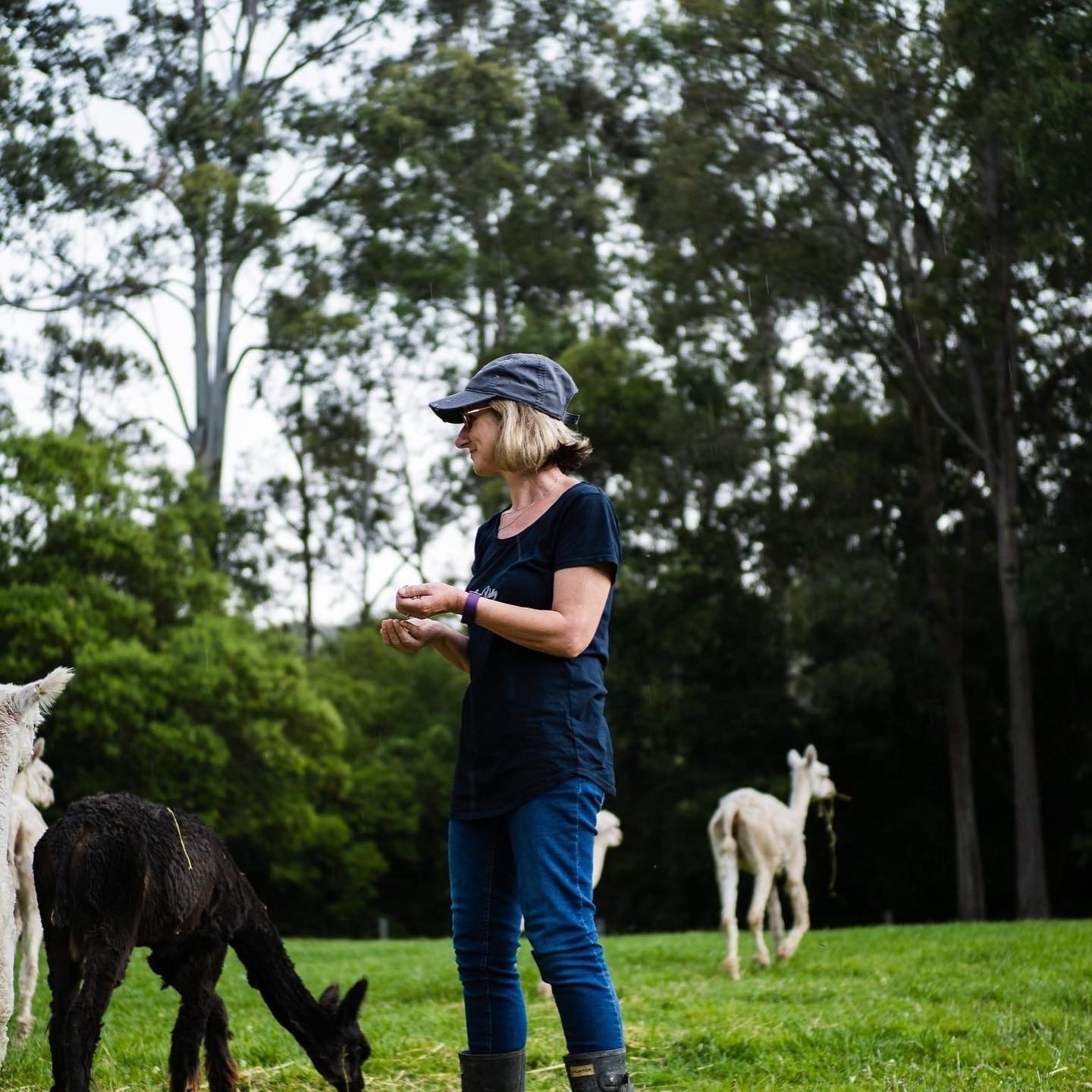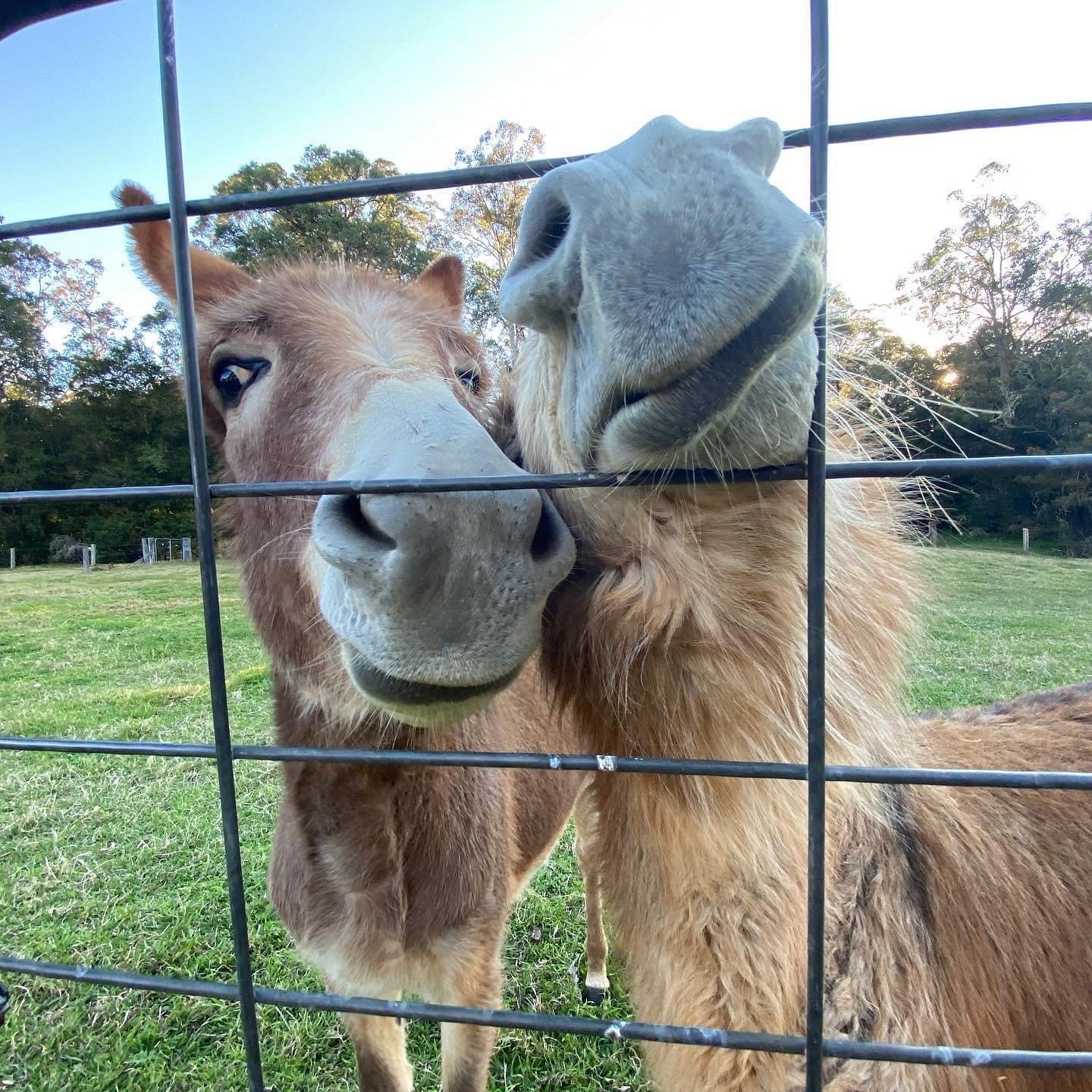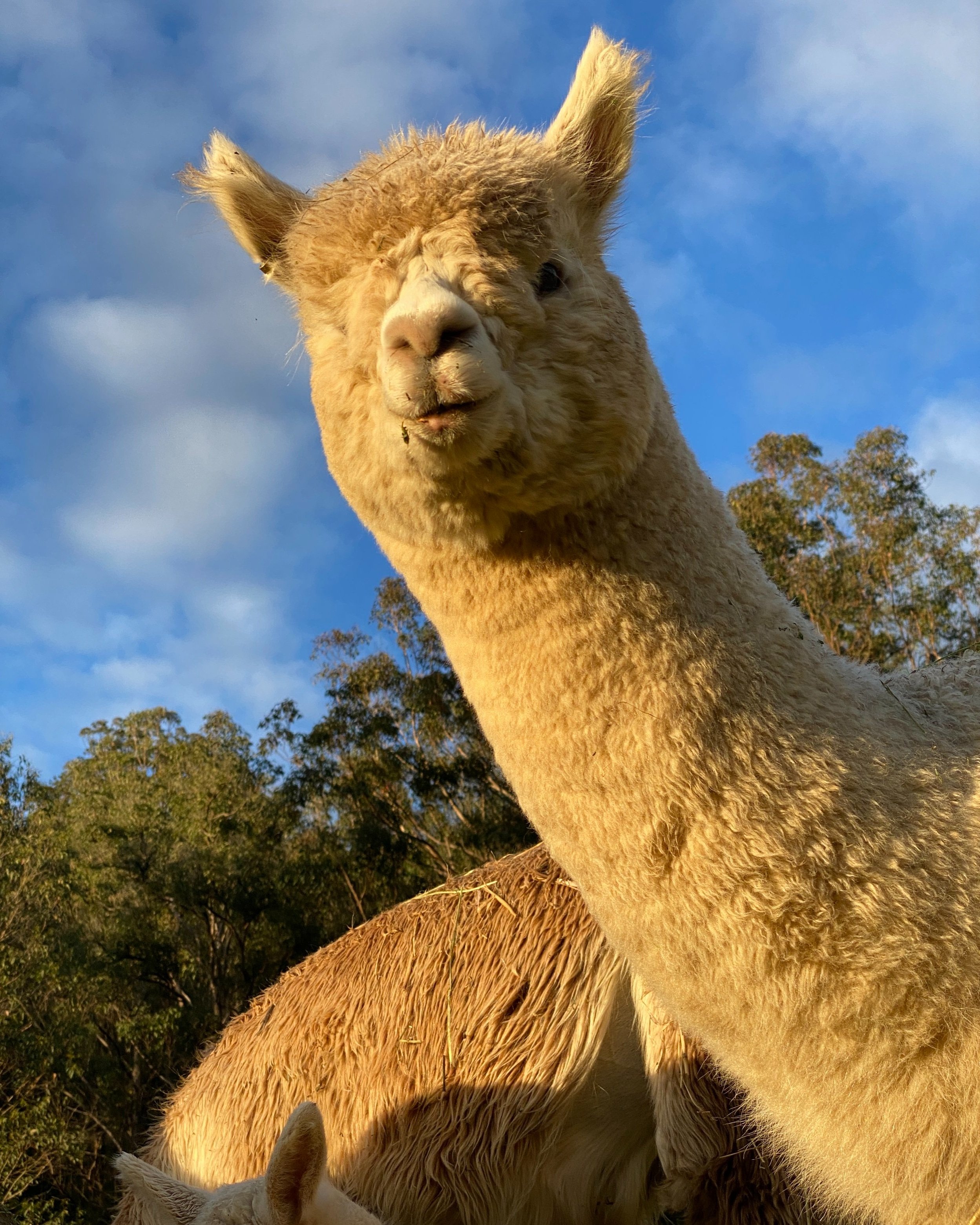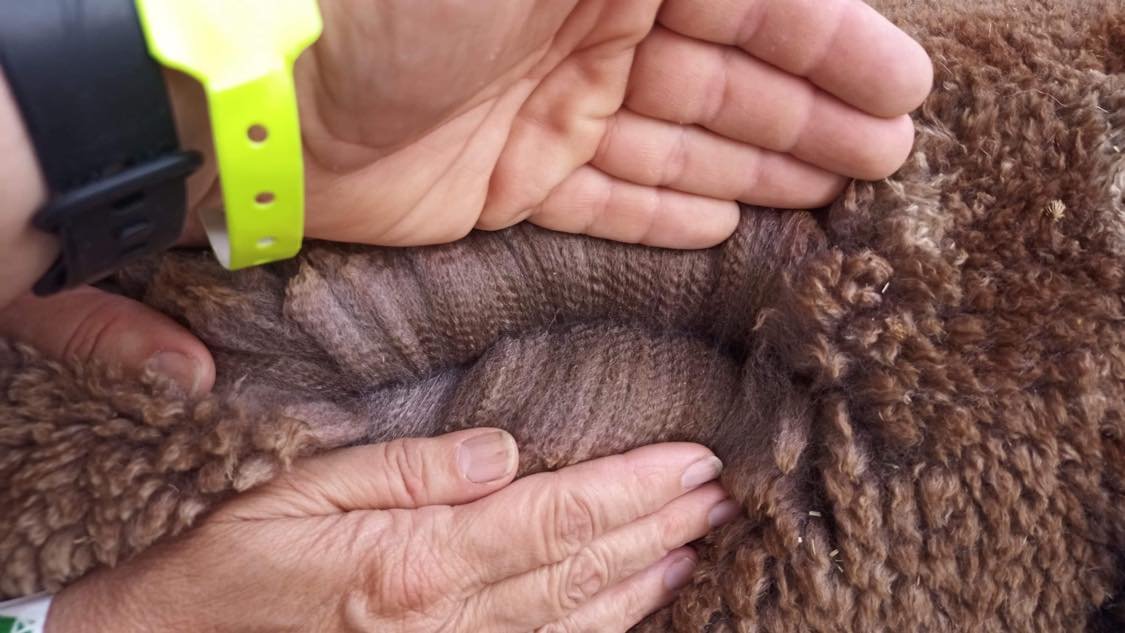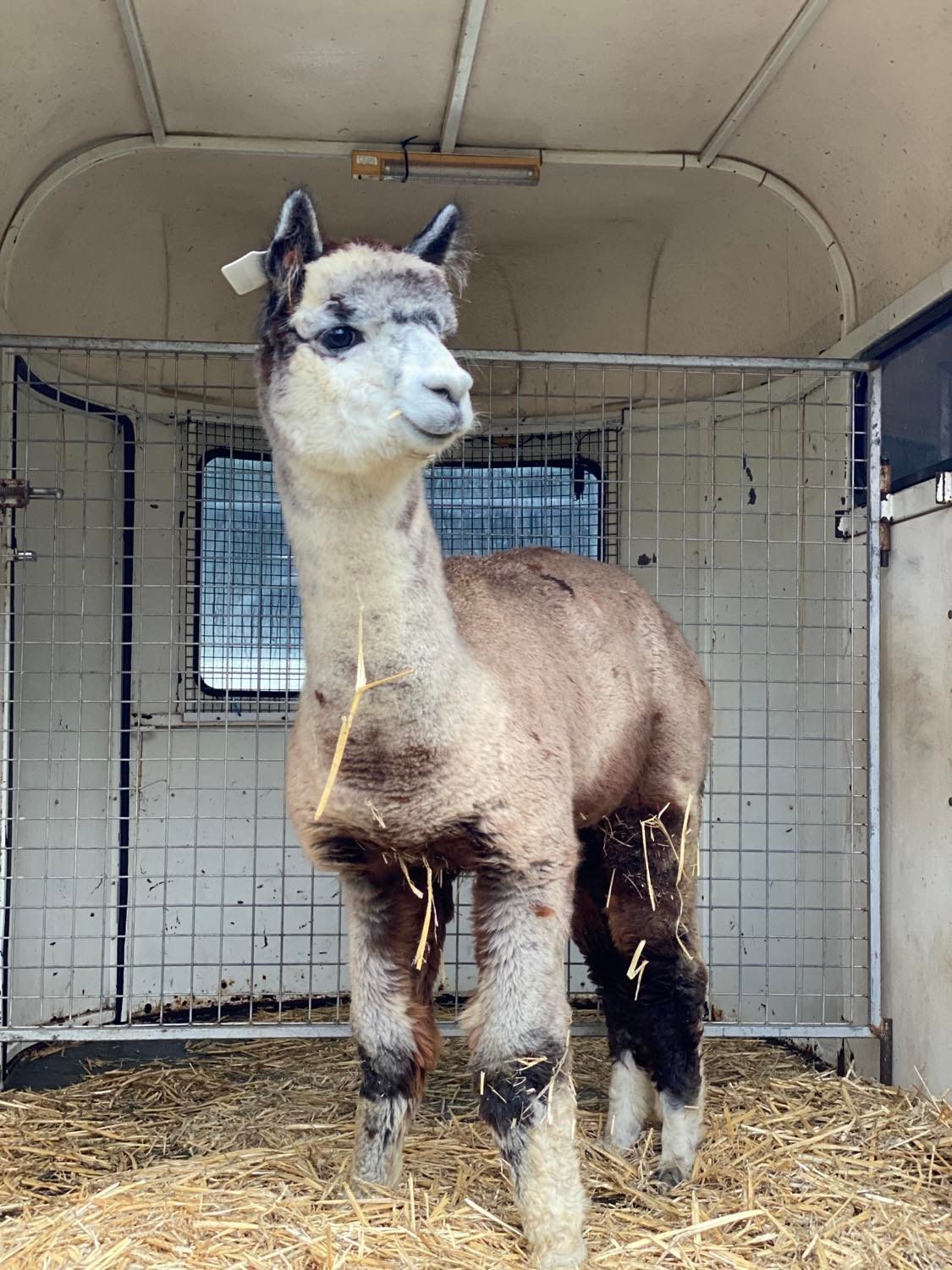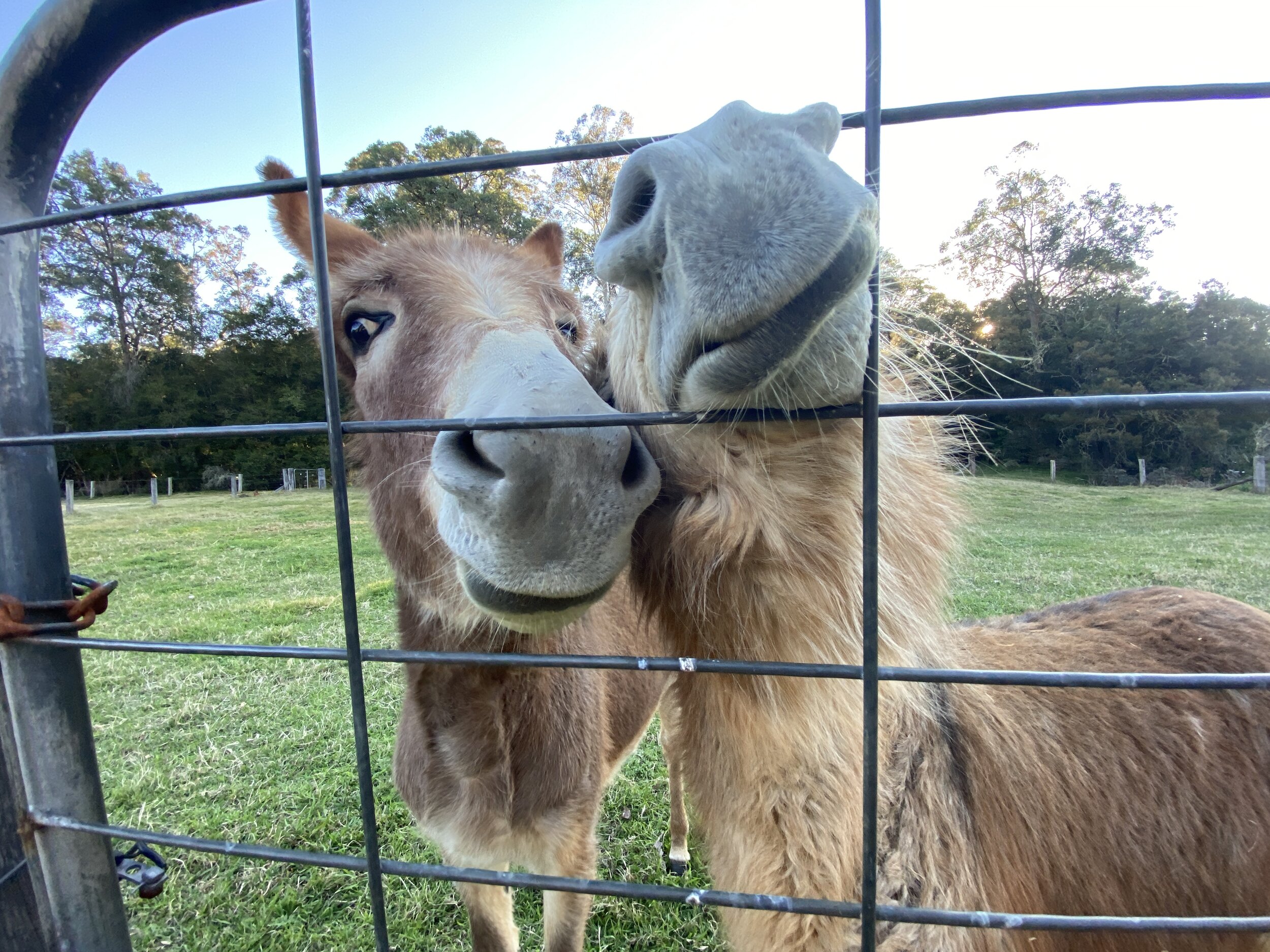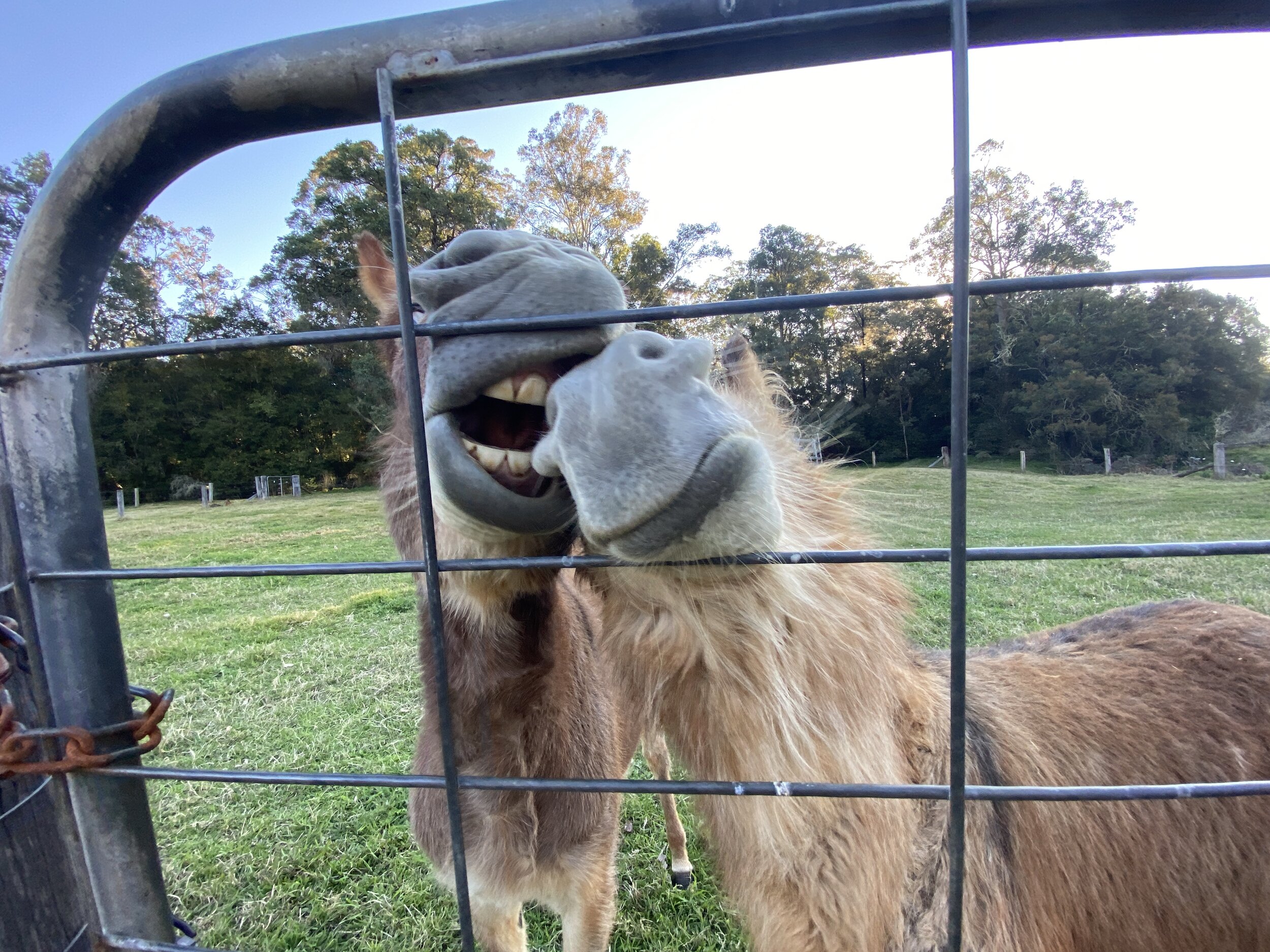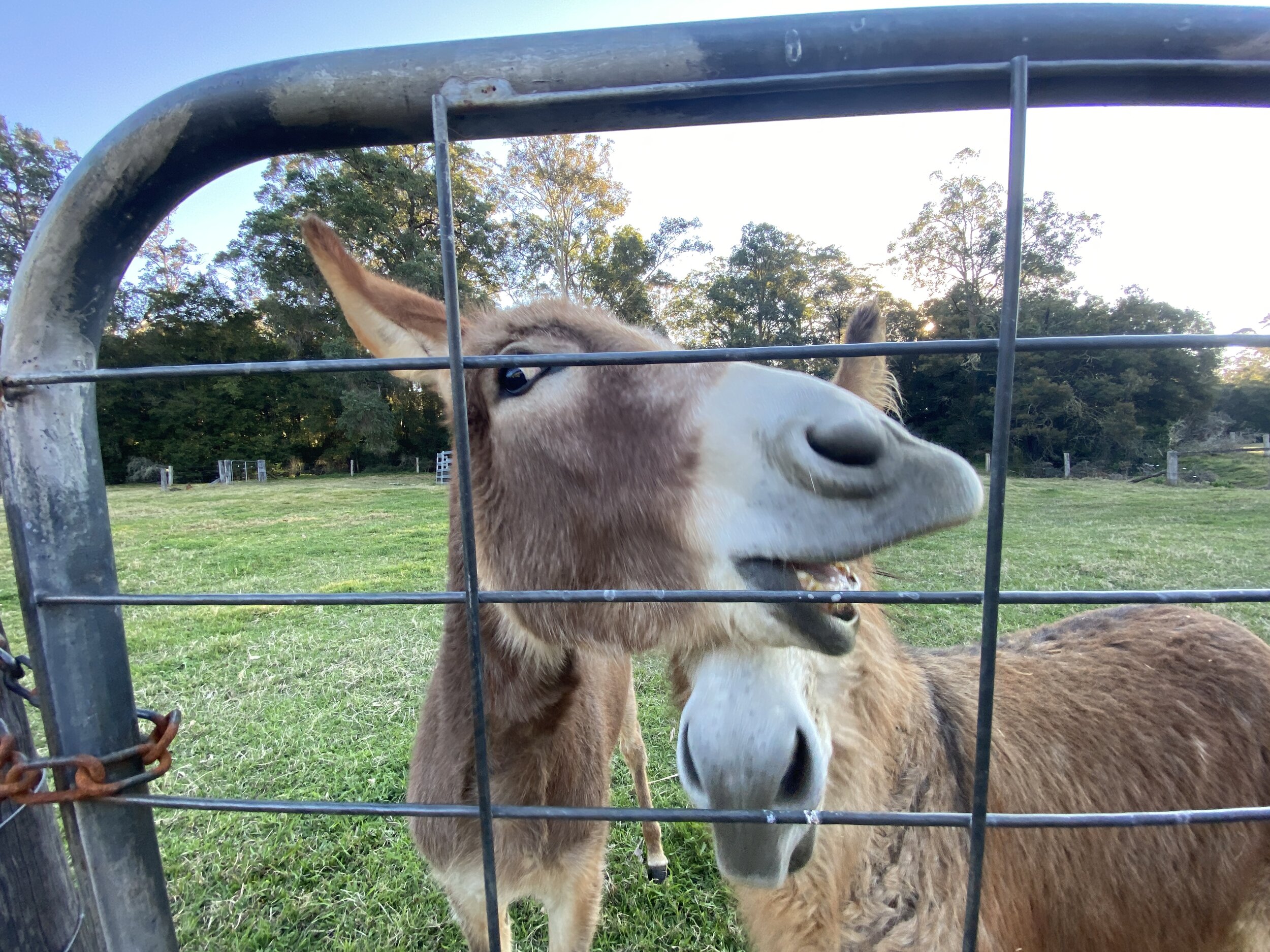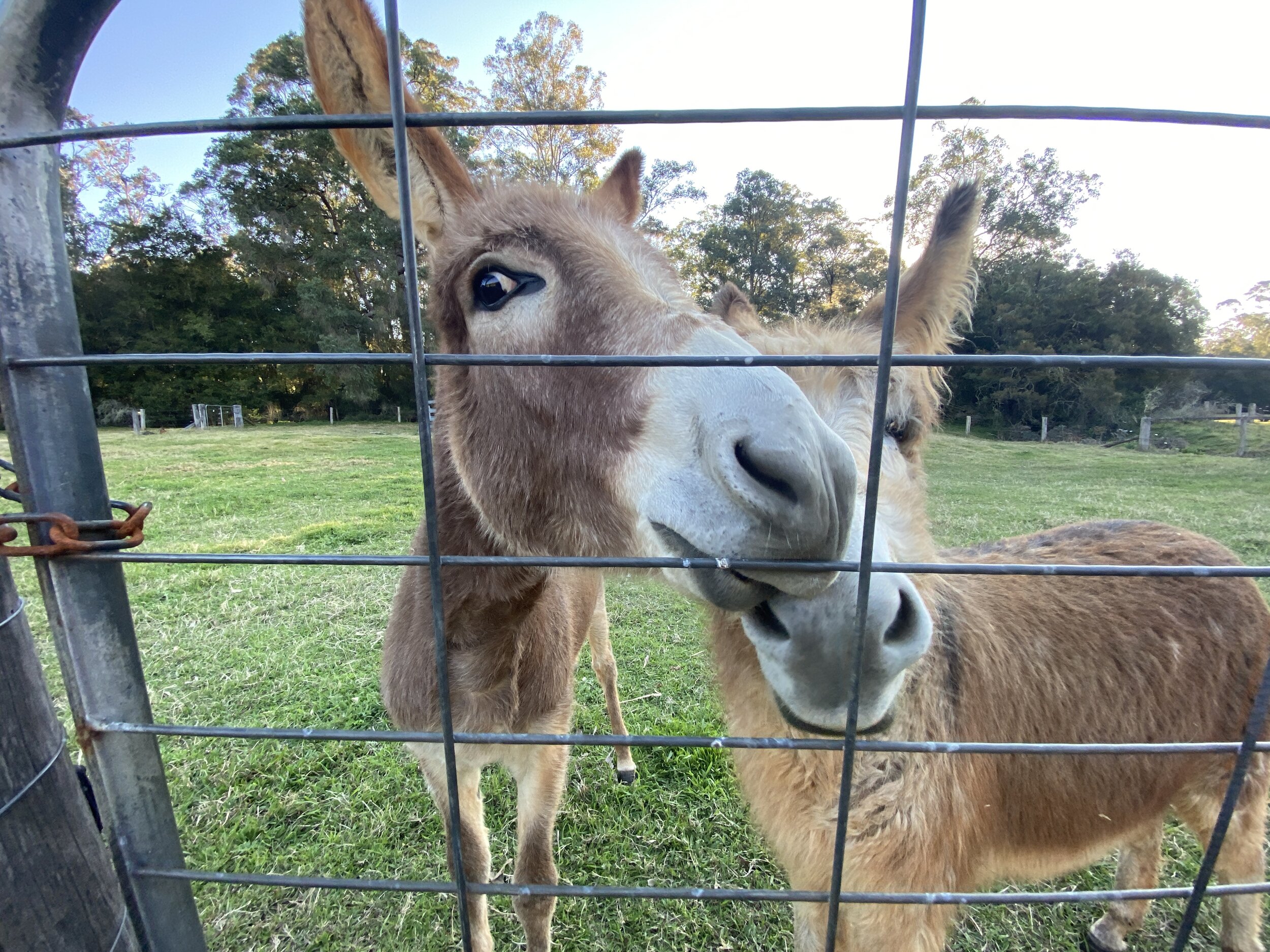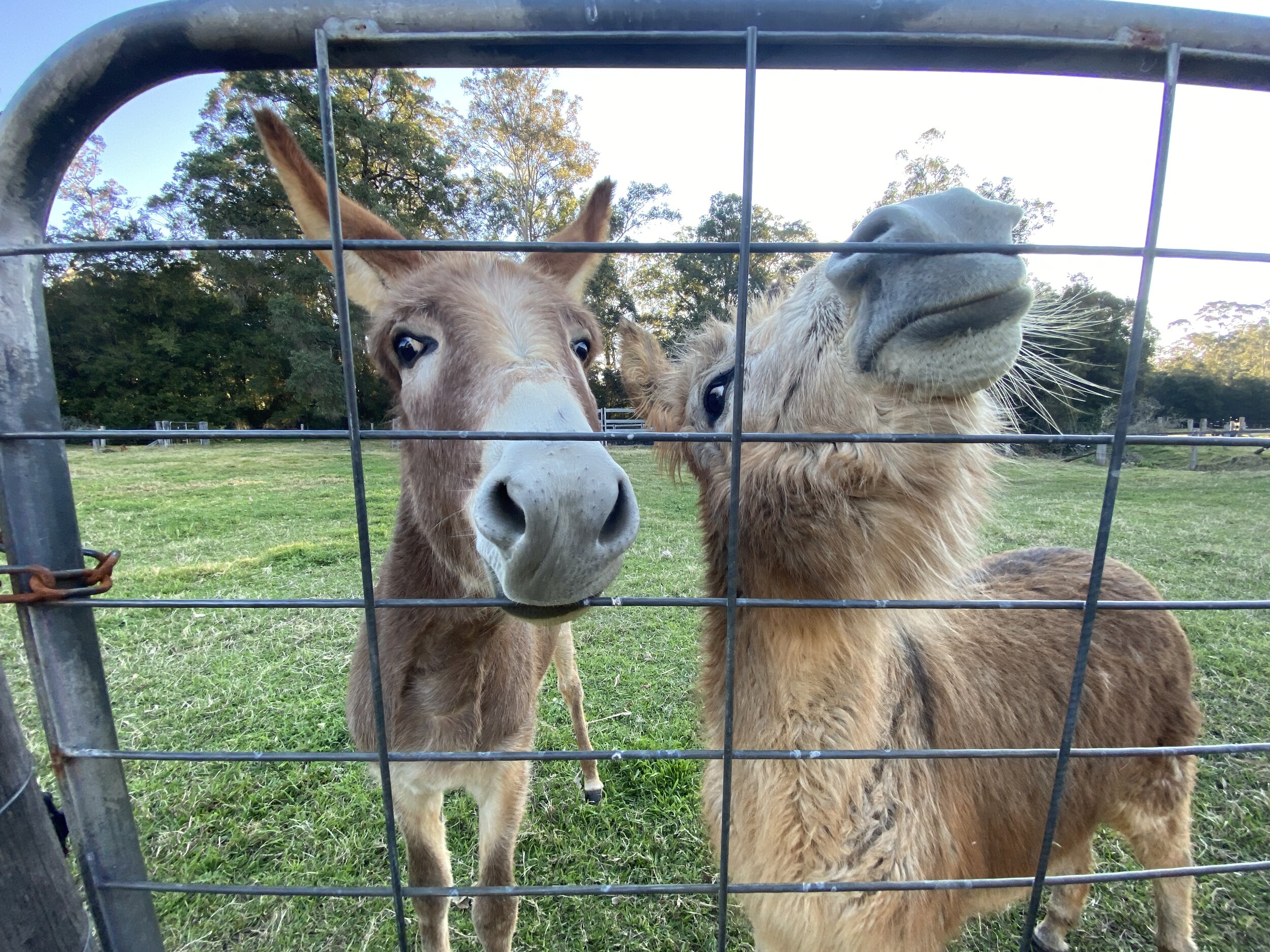Little Valley Farm conducts monthly alpaca workshops for those new to alpaca farming or considering owning alpacas. The workshop is an excellent opportunity to learn about alpacas and to determine if they are the right livestock for your hobby farm or acreage.
During the workshop, we will share our journey of starting an alpaca farm in the Hunter Valley in 2012. We will discuss what we did right and what we did wrong. We will also cover all aspects of alpaca farming, including animal welfare and health issues, and the best shed set-up for different weather conditions, including shearing day. Additionally, we will provide essential information on maintaining the daily health of your livestock and understanding the various parasites that affect them at different times of the year.
Today is about the parasite, LIVER FLUKE
Click on the image above to read more about Liver Fluke in Alpacas by Jane Vaughan, BVSc, Ph.D., MACVSc, CRIA Genesis.
Liver fluke are typically found in areas of southeastern Australia where the annual average rainfall is 600 mm or greater or on irrigated country where the average rainfall is 400 mm, in and around swampy areas, springs and seepages, irrigation channels and shallow, slow moving creeks where the intermediate host snail of this parasite breeds.
Liver fluke is the common name of the trematode, Fasciola hepatica. The parasite is found worldwide and is the only liver fluke found in Australia. Infection can lead to reduced productivity and death and costs millions of dollars each year in lost production (meat, wool, milk, liver condemnation, secondary infection, replacement stock requirements), stock deaths and costs of treatment and prevention. The fluke mainly affects cattle and sheep, but can also affect alpacas, goats, horses, pigs, kangaroos, wombats, rabbits and deer. Humans may also be infected, for example after eating watercress collected from fluke-infested creeks or following use of contaminated water on vegetable gardens. The adult fluke is a pale brown or grayish-brown flat worm about 1.5-4 cm long that lives in the bile ducts of the liver. Refer to the file by CRIA Genesis for actual images.
Things to Note
Treatment: Once a diagnosis has been made, a zero-tolerance approach is recommended when treating and controlling liver fluke because even light burdens can cause significant damage and production losses. The treatment recommended will depend on the nature of infection – are immature or adult fluke causing disease? Not all flukicides (anthelmintics effective against liver fluke) are effective against immature fluke so are not recommended in acute fluke outbreaks (Table 1 in the attachment of CRIA Genesis). They are also less efficient for strategic control of flukes. Even the best flukacides do not kill every fluke and an effective flukacide is described as being 90 % or more effective (compared with roundworm anthelmintics where effective drenches kill more than 95 % of target roundworms). Remember to test/treat introduced stock to reduce contaminating fluke-free areas.
Not sure on your parasites
If you are uncertain about the parasites you may have, you can conduct a fecal egg count (FEC) with the Department of Primary Industries (DPI) or your local veterinarian. However, you must specify the parasites you are looking for when testing.
Need advice or a drench
If you require any assistance or advice, please contact your local veterinarian. Alternatively, feel free to drop us an email if you are in Australia. We also have some supplies available if you need a particular drench for your small herd.
Little Valley Farm workshops
Click the link to learn more about our monthly Sunday workshops in the Hunter Valley.
Hope to see you soon, thanks, Daniela Riccio
Life cycle of the Liver Fluke: Fasciola hepatic by David Barlow. This video of the life cycle of the globally significant parasite of sheep and cattle; the liver fluke, Fasciola hepatica was produced in collaboration with parasitologist Dr Clive Bennett (University of Southampton, retired)
Attachments:
Live Fluke in Alpacas - a very good read on this PDF document by Jane Vaughan BVSc PhD MACVSc CRIA Genesis.




